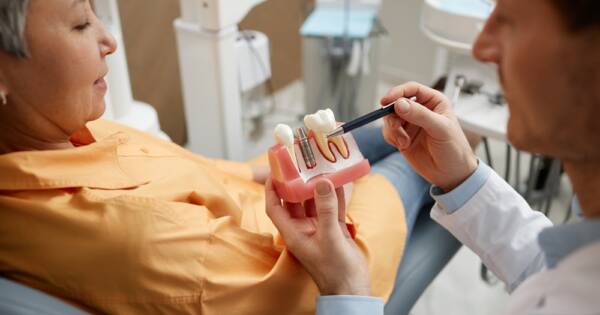HIV can quietly damage the immune system for years without showing clear symptoms, leaving many unaware of their infection until the disease advances. This delay underscores the critical need for early testing and awareness. Recognizing the risks and acting promptly through detection can be life-saving, offering a pathway to better management and improved outcomes for those affected.
Understanding HIV and Its Impact
HIV attacks the immune system, specifically targeting CD4 cells, which are essential for fighting infections. Without treatment, HIV can progress to Acquired Immunodeficiency Syndrome (AIDS), a condition where the immune system is severely compromised, making the individual vulnerable to opportunistic infections.
Early HIV stages may present mild or no symptoms, leading many to live unknowingly with the virus. During this asymptomatic period, the virus can still inflict damage on the immune system and increase the risk of transmission to others. Understanding these early dynamics is crucial to recognizing why early detection and regular testing are vital.
The Hidden Dangers of Undetected HIV
When HIV remains undetected, it continues to weaken the immune system over time. The individual is at a higher risk of developing several health complications, including opportunistic infections, neurological disorders, and certain cancers. Moreover, recent studies suggest that untreated HIV might contribute to cardiovascular disease and other chronic conditions due to ongoing inflammation.
Living with undetected HIV also poses significant risks to others. Without awareness of their status, individuals may unknowingly transmit the virus to sexual partners. This silent spread can contribute to community-level epidemics, particularly in areas with low testing rates and limited access to healthcare resources.
The Importance of Regular HIV Testing
Regular HIV testing is a crucial preventive measure that can significantly alter the trajectory of the epidemic. By knowing one’s HIV status, individuals can make informed decisions about their health and take necessary precautions to prevent transmission. For those diagnosed with HIV, early detection can open the door to antiretroviral therapy (ART), which has been shown to control the virus effectively and prevent progression to AIDS.
Testing recommendations suggest that everyone between the ages of 13 and 64 should be tested for HIV at least once as part of routine healthcare. Individuals with higher risk factors, such as those with multiple sexual partners or those who use intravenous drugs, might benefit from more frequent testing. Widespread adherence to testing guidelines could lead to earlier diagnoses and reduced transmission rates within communities.
Addressing Barriers to Testing
Despite its importance, several barriers prevent people from accessing regular HIV testing. Stigma and discrimination remain prevalent, deterring individuals from seeking testing and treatment. Many fear the social consequences of a positive result, which may lead to isolation or ostracism.
Limited access to healthcare, particularly in low-income communities, is another significant barrier. Healthcare providers and policymakers need to ensure that testing is easily accessible, affordable, and confidential, fostering an environment where individuals feel safe and supported.
Educational campaigns that raise awareness about the importance of testing and address common misconceptions about HIV can also play a vital role. By normalizing HIV testing as a routine healthcare measure, communities might overcome stigma and encourage more individuals to take proactive steps in managing their health.
Advances in Testing Technologies
Recent advances in testing technologies have made HIV testing more accessible and less invasive. Rapid tests that provide results in as little as 20 minutes are widely available, and self-testing kits allow individuals to test themselves in the privacy of their homes. These innovations can increase testing uptake by offering convenience and confidentiality.
However, it is crucial that any positive test results from rapid or home tests be followed up with confirmatory testing in a healthcare setting. Engagement with healthcare providers ensures proper counseling and linkage to care if needed, which is critical for effective HIV management and prevention.
The Role of Healthcare Providers
Healthcare providers have an essential role in promoting regular HIV testing. By initiating conversations about sexual health and HIV risk factors, they can help normalize testing and reduce stigma. Providers can also educate patients about the latest testing options and how often they should be tested based on individual risk factors.
Furthermore, healthcare providers can advocate for policies and programs that expand access to testing services, particularly in underserved areas. Collaborative efforts at local, national, and global levels are vital in pushing forward initiatives that can enhance testing, treatment, and prevention efforts.
Learn More Today!
The hidden dangers of undetected HIV pose significant threats to individual and public health. By prioritizing regular testing, both individuals and communities can take important steps toward reducing transmission and improving health outcomes.
Early detection through routine testing can allow those living with HIV to access necessary treatments, significantly improving their quality of life and reducing the risk of onward transmission. Collaborative efforts to address stigma, improve access, and educate the public could pave the way toward a future where HIV is effectively managed and contained.





